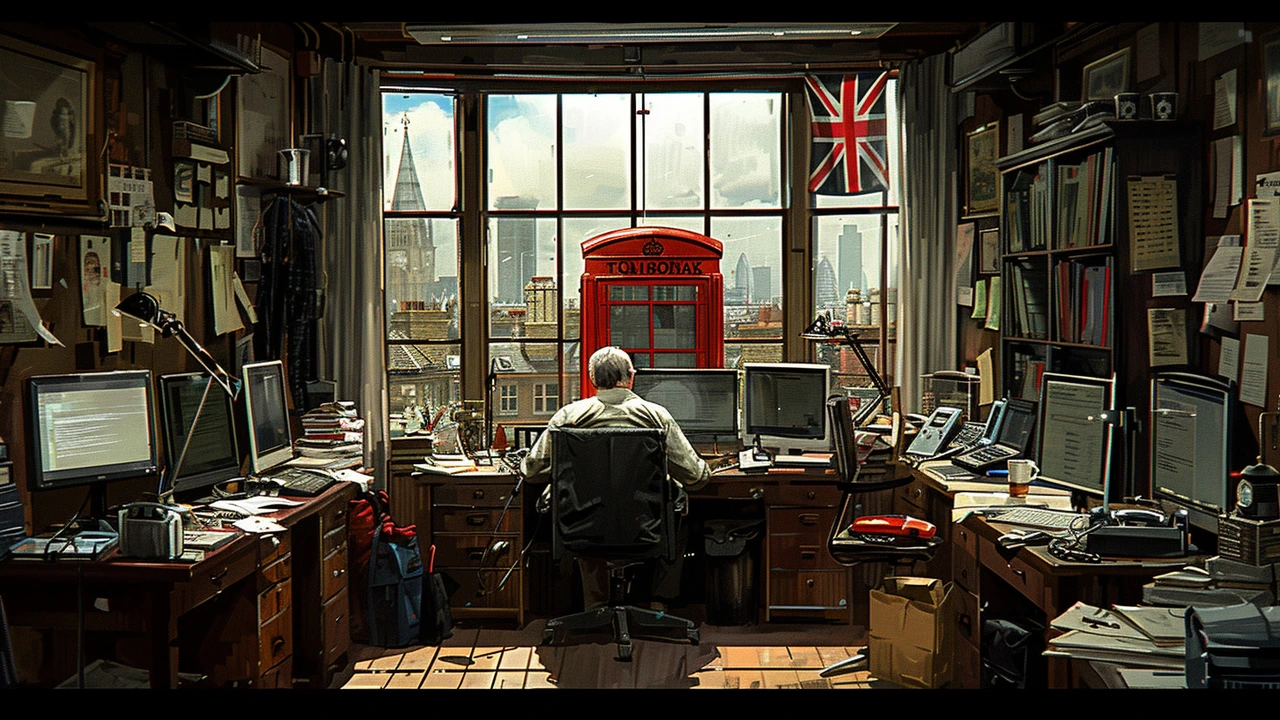The Intersection of Coding and Creativity
At first glance, coding and creativity might seem worlds apart—one grounded in logic and structure, the other in imagination and freedom. Yet, delve a little deeper, and it becomes clear that at their core, both involve the art of solving problems and bringing ideas to life. The magic happens at their intersection, where the structured thinking demanded by coding complements and amplifies creative thought processes.
"Coding is not just about algorithms and data structures; it's about problem-solving and innovation," says Mitch Resnick, creator of Scratch, a block-based visual programming language and online community targeted primarily at children.This synergy between coding and creativity not only empowers individuals to execute their visionary ideas but also equips them with a unique lens through which they can re-imagine the possibilities within their creative domains.
Building a Foundation: Enhancing Your Coding Skills
Embarking on a journey to elevate coding skills inherently encompasses more than mastering syntax or memorizing code. It's about cultivating a mindset geared towards continuous learning and experimentation. Beginners often start with languages like Python, known for its readability and simplicity, making it an excellent choice for those looking to dive into coding with a creative project in mind. From games to digital art, Python provides a solid foundation for exploring the vast landscape of programming possibilities.
However, enhancing coding skills extends beyond picking up a new language. It involves understanding the principles of good code design, debugging, and version control—all of which are crucial for managing larger and more complex creative projects. Engaging with the coding community through platforms like GitHub also plays a pivotal role, offering insights into best practices and providing opportunities for collaboration.
Tools of the Trade: Software and Technologies
The right tools can significantly amplify the creative capabilities of individuals, enabling them to bring their unique visions to life with greater efficiency and sophistication. For designers and artists, software like Processing—a flexible software sketchbook and language for learning how to code within the context of the visual arts—has become indispensable. Similarly, for those interested in music, coding platforms such as Sonic Pi offer an accessible yet powerful way to engage with music programming.
In addition to specific software, understanding and utilizing various technologies like artificial intelligence, machine learning, and virtual reality can push the boundaries of what's possible in creative coding. These technologies not only add depth and dimension to creative works but also inspire new forms of expression and storytelling.
Project Implementation: From Concept to Completion
Bringing a creative project from concept to completion involves a myriad of steps—each demanding a fair share of creativity, technical skill, and perseverance. The initial phase often starts with brainstorming and ideation, translating abstract concepts into concrete plans. Coding then breathes life into these plans, transforming them into interactive and functional realities.
Project development is inherently iterative, requiring continuous testing, feedback, and refinement. This process underscores the importance of adaptability and resilience among creative coders, as they navigate challenges and setbacks. Effective project management and collaboration tools, such as Trello or Slack, can streamline this process, facilitating better communication and organization among team members.
Fostering a Creative Coding Community
The journey of enhancing coding skills and undertaking creative projects is one best traveled with others. Communities, both online and in-person, provide invaluable support, inspiration, and knowledge sharing, offering a platform for coders to showcase their work, receive feedback, and collaborate on projects. Events like hackathons and coding bootcamps also foster a spirit of learning and innovation, while creating opportunities for networking and mentorship.
In conclusion, as we forge ahead in this digital age, the symbiosis between coding and creativity only grows stronger, offering limitless possibilities for those willing to explore. By enhancing coding skills, individuals not only broaden their technical horizons but also unlock new avenues for creative expression, making the world a more innovative and vibrant place.

